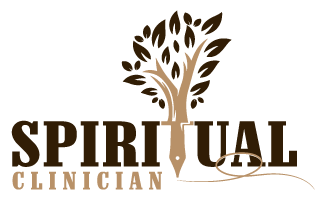100 Practical Skills for Bolstering the Human Spirit: 27 Interpersonal Skills, 25 Personal Skills, 27 Transcedence Skills and 26 Communal Skills.
PRIMARY SPIRITUAL SKILLS
100 PRACTICAL SKILLS FOR BOLSTERING THE HUMAN SPIRIT
Personal relationships touch our core every day. Like a dozen kids wriggling on both sides of a teeter totter, our relationships with our children, friends and lovers continually contend to pull our human spirit either up or down. They are some of the primary spiritual arenas of life. Human interactions deeply feed and shape the soul, from crib to casket. Of course, spiritual skills, like music or athletic skills, can never control the outcome of our issues and concerns. But they do powerfully influence our human spirit. Our facility with specific behaviors with which to initiate, develop and repair relationships, make the difference between a mostly joyful life on the one hand, and the dead ends of entrenchment in resentment, regret and bitterness on the other.






